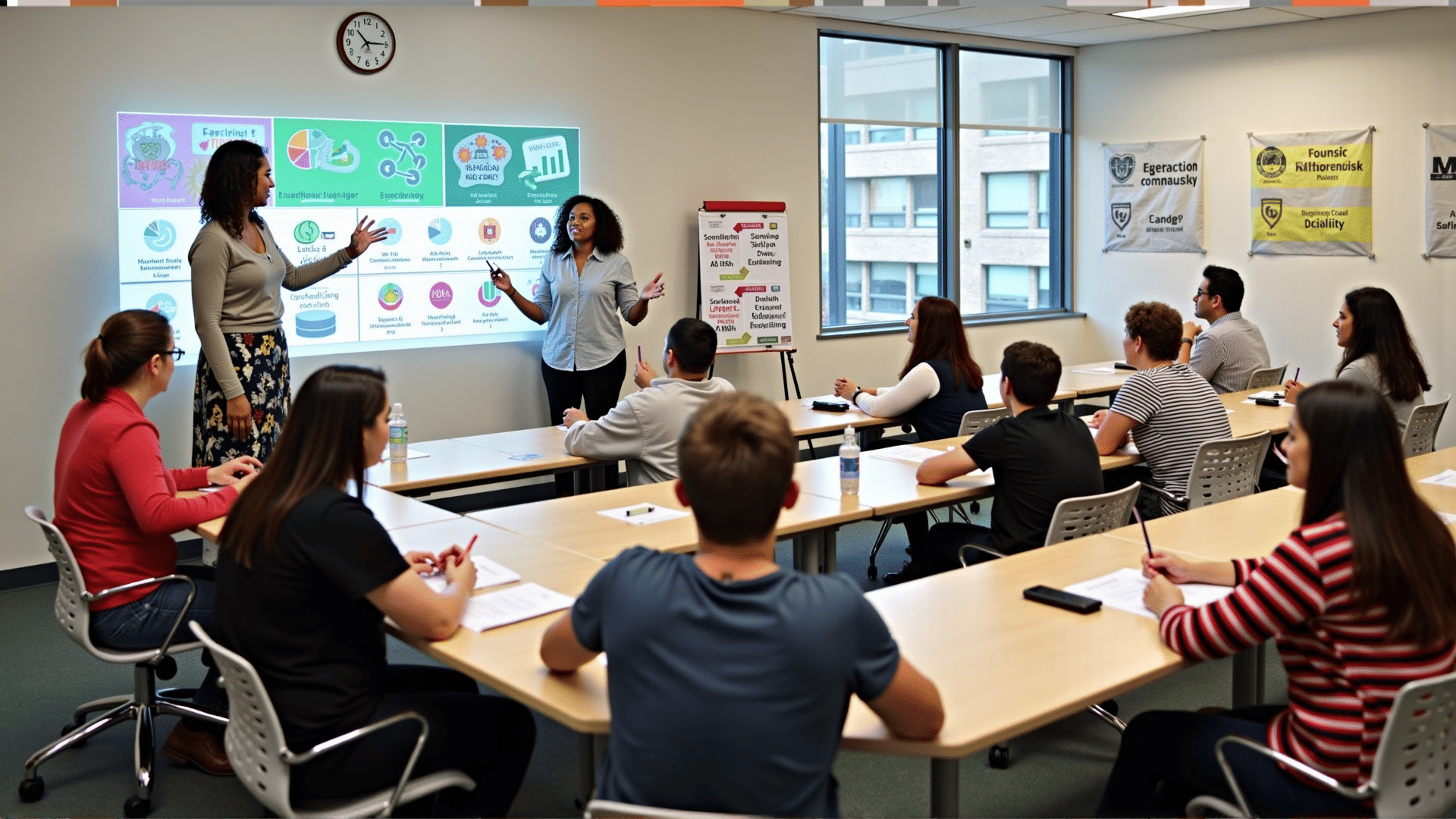Understanding how to handle personal finances is a vital skill that empowers individuals to make sound decisions, boosting their economic stability and overall quality of life. By enhancing your comprehension of financial metrics and strategies, you can navigate the complex world of economics with increased confidence and efficiency.
Budgeting Basics
Creating and maintaining a budget is foundational to effective personal finance management. Start by tracking your income and expenses to understand your financial inflow and outflow. Categorize your spending into essentials such as housing, food, and transportation, and then allocate a portion of your income to discretionary expenses and savings. This practice not only prevents overspending but also ensures that you are consistently working towards your financial goals.
Saving for the Future
Establishing a savings plan is crucial for achieving economic security. Begin by building an emergency fund—a reserve of funds intended to cover unexpected expenses, such as medical emergencies or car repairs. Once your emergency fund is in place, focus on saving for future needs, such as education, retirement, or large purchases. Consider setting specific, measurable goals and using automated saving methods to make the process easier.
Understanding Credit
Credit can be a useful tool when managed wisely. It is essential to understand how credit scores are calculated and the impact they have on your ability to borrow. Pay your bills on time, keep your credit utilization low (preferably under 30% of your credit limit), and check your credit report regularly for inaccuracies. Being mindful of your credit use ensures that you can access favorable terms when necessary.
Navigating Consumer Choices
Informed decision-making is key when navigating consumer choices. Research products thoroughly before making purchases, especially for significant expenses such as electronics or vehicles. Look for reviews and comparisons that provide insights on value and quality. Also, consider timing your purchases for sales or discounts, which could lead to substantial savings over time.
Educating Yourself
Continual education is paramount in maintaining and growing your economic understanding. Read books, attend workshops, and follow credible sources that offer insights into economic trends and strategies. Joining community groups or discussions can also provide opportunities to share knowledge and learn from others' experiences.
Seeking Knowledge
While self-education is invaluable, seeking professional guidance can further enhance your understanding of complex financial matters. Courses and seminars led by experts are excellent ways to delve deeper into specific topics.
By cultivating these skills and practices, you can wield greater control over your economic life, leading to improved stability and a more secure future. Being proactive and informed not only aids in individual growth but also contributes positively to the broader economic environment.
